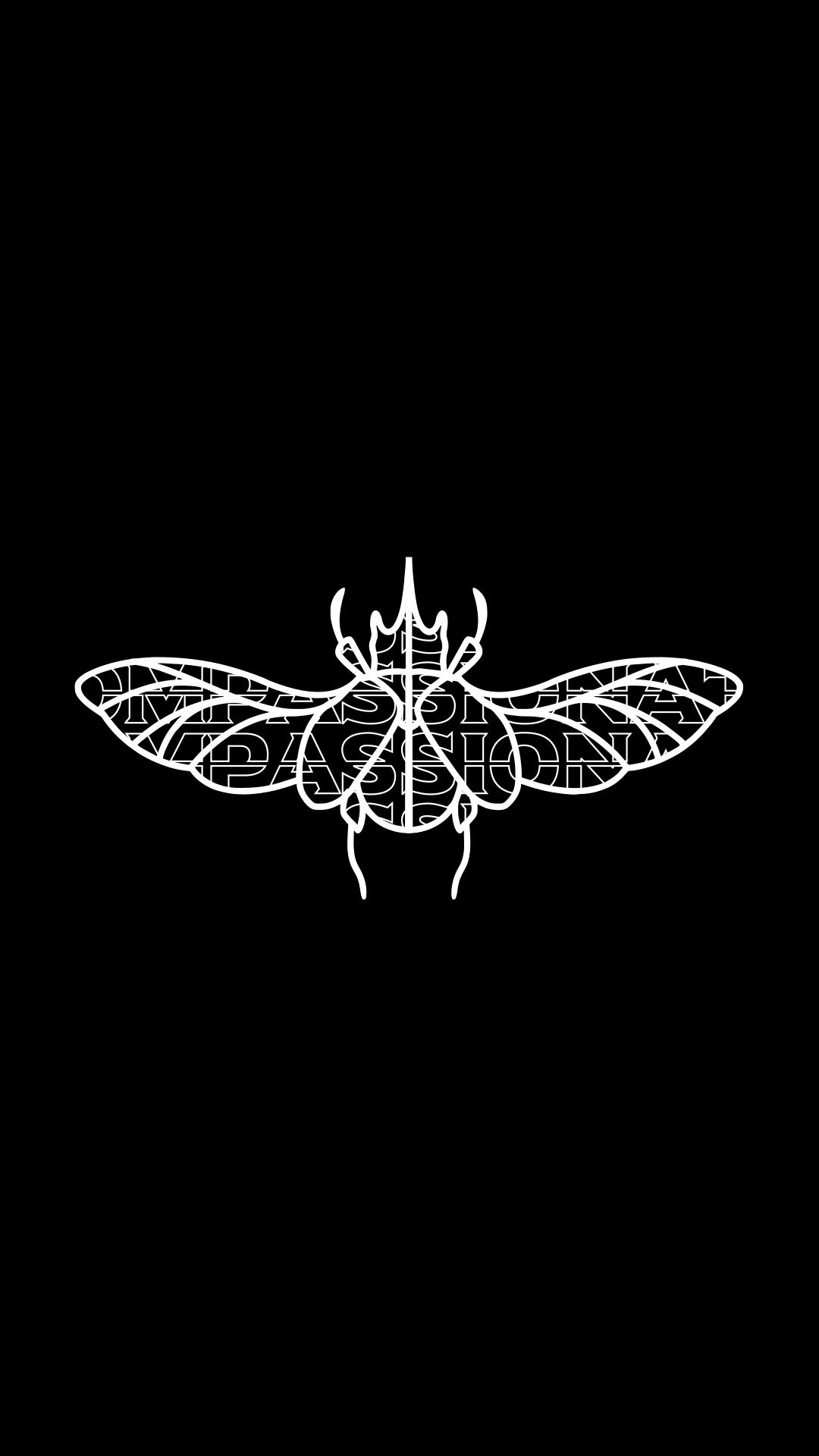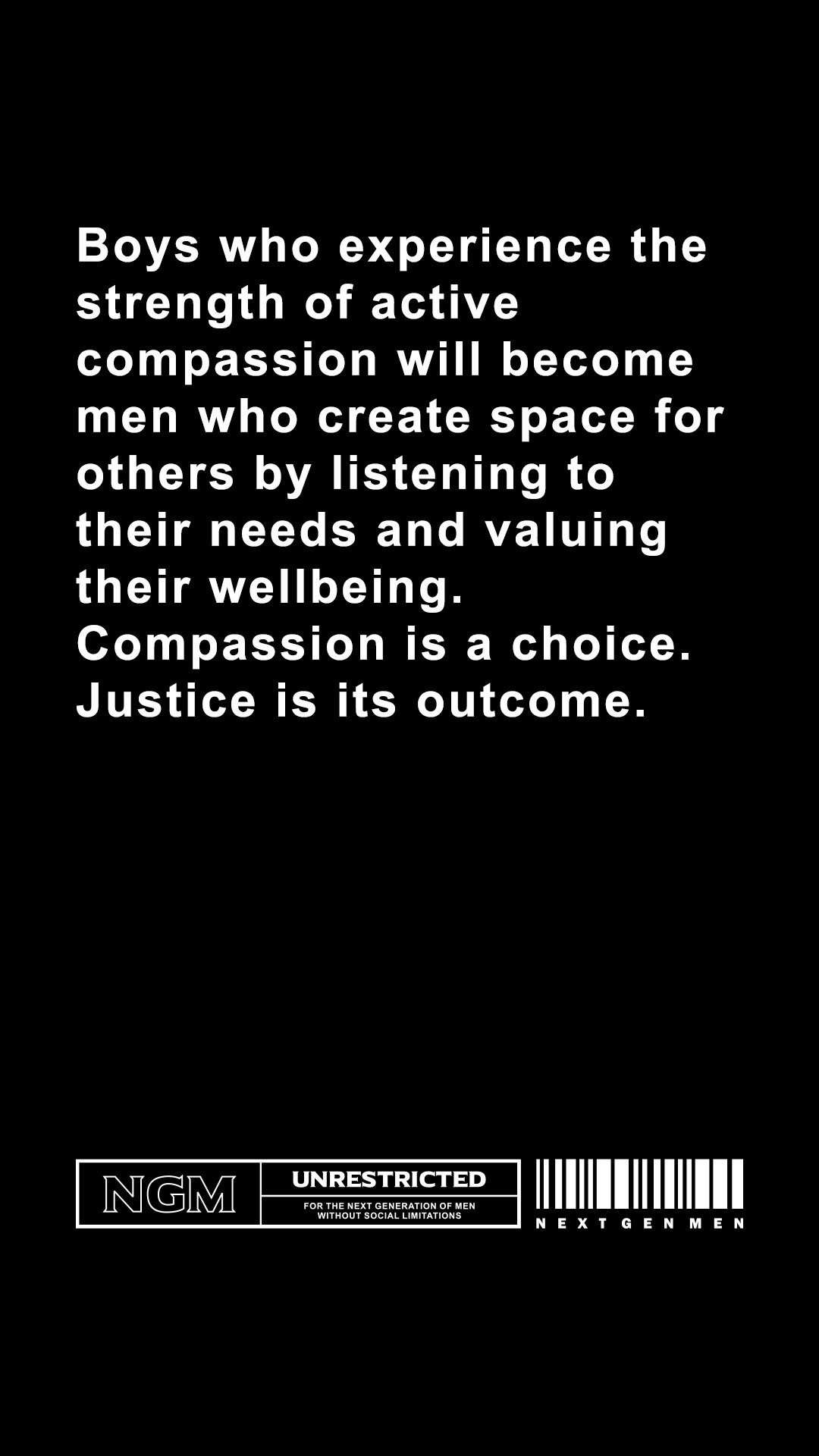How Next Gen Men is Empowering Positive Masculinity Through Apparel
Five years ago, I started my dream job of delivering positive masculinity youth programs with Next Gen Men. I had just spent the previous two years bicycling 15,000 kilometres across the country, and working as an occasional teacher in a ski town in southwestern British Columbia.
Suffice to say, I didn’t own a nice pair of shoes.
That fall, I hesitated in a shoe store in downtown Toronto. Did I really want to buy an expensive pair of bright white Nikes just because I thought they would catch the attention of young teenage boys?
I did. And in the countless programs, workshops and presentations I’ve facilitated since then, I can count on one hand the number of times boys’ haven’t complimented my kicks.
All of which is to say: boys are paying close attention to what we wear.
Boys’ clothing tends to reinforce stereotypes about masculinity.
This is nothing new. For decades, clothing manufacturers have been relying on prescribed gender norms to market their products as effectively as possible. Baby boys’ clothing starts out in blue, blue, as well as blue—and almost immediately entrenches itself in the most widespread set of stereotypes about boys.
You don’t have to look far to find a toddlers’ muscle shirt that declares, “I flexed so hard my sleeves fell off,” or t-shirts for middle schoolers featuring sayings like, “Sorry ladies, I only date models.” Although gender-neutral and non-stereotypical clothing is becoming increasingly popular these days, the vast majority of boys’ shirts haven’t budged: dinosaurs, trucks, video games, skulls, sports and boys-focused media franchises are all that boys have to represent themselves growing up.
When Next Gen Men’s youth programs and workshops engage with adolescent boys on what it means to be a man, the same answers always come up. Boys get into fights, but they can’t cry, for example. Boys play video games, but definitely not with dolls.
Recently, I asked a group of eighth graders where they thought these messages came from. “I mean…” one of them gestured to the Nike-labelled t-shirt of the boy sitting across the circle.
“No pain,” read the t-shirt in neon-green writing. “No power.”
The issue with clothing that buys into the stereotype about what it means to be a man is that it encourages growing boys to do the same—and we know that gender norms about masculinity lead to adverse mental health and increased exposure to violence.
Read more: Past Learnings & Unlearnings blog post that takes this conversation into schools: Why Schools Should Commit to Combating Toxic Masculinity
We’re challenging the belief that ‘boys will be boys.’
Next Gen Men is about empowering masculine-identifying youth and the people around them to expand the definition of manhood—not just toughness or bravery, for example, but also sensitivity and compassion.
We first spearheaded this with the Boys Will Be _ card deck, which was designed to help parents and educators recognize, nurture and affirm boys’ full human capacity.
We use the affirmations deck so often within Next Gen Men’s youth programming that we started joking about having the cards up our sleeves. Then we started joking about wearing the cards on our sleeves.
Then we got to work.
Over the span of several months, we took four highlights from the card deck and worked with an artist to turn them into streetwear-style apparel. Like my white swoop-emblazoned Nikes, we hope that these t-shirts catch the attention of the teenage boys in your life, and we hope that they foster an opportunity for deeper conversation.
Compassion is what powers positive change. It’s the fuel for our relationships with young people, and it’s the catalyst for being courageous enough to make a difference in the world. The only way for boys to learn about the value of compassion is to experience it firsthand. Once they do, there is no going back.
Imagine a generation of men shaped by compassion.









